Ghana
Ghanaian president John Mahama recently commissioned the country’s second offshore oil field. The Tweneboa, Enyenra and Ntomme (TEN) field estimated reserves are said to be around 240 million barrels of oil and associated gas of 60 million barrels.
Production in the $1 billion facility is expected to average at 23,000 barrels per day (bpd) in 2016 and eventually peak to 80,000 bpd.
The government is optimistic additional revenue from the facility will boost its flagging economy.
“I am sure that Ghana hydrocarbon prospects are very bright, I believe that the set backs in the world oil market are temporary and that we’ll see a recovery sooner or later,” said President John Mahama.
Once the poster child of economic success in Africa, the west African economy is in crisis as it’s debt to GDP ratio is over 70 percent. Some analysts remain skeptical over the ability of the new oil revenues to turn around Ghana’s economic misfortunes.
“The World bank estimated in 2005 that if we were as efficient in our deployment of our resources to build infrastructure, we would have been growing one full percentage on GDP more per year. So these are pointers to the fact that all is not well with our use of resources,” said Joe Abbey the Executive Director, Centre for Policy Analysis.
It is expected that TEN’s role as a symbol of high-tech national development could boost the government fortunes ahead of presidential elections in December this year.
All in all, oil revenue could be the lifeline that Ghana needs as it struggles to meet conditions set by a three year financing program with the International Monetary Fund (IMF), which aims to lower inflation and a budget deficit, as well as stabilise the cedi currency.
In April 2015, West Africa’s second-biggest economy signed t a $ 918 million aid program with the IMF to tackle high public debt, rising inflation and power outages.
Ghana is also back in the eurobond market after it raised $750 million at a yield of 9.25 percent on Thursday, in an auction that was more than five times oversubscribed.
Reuters




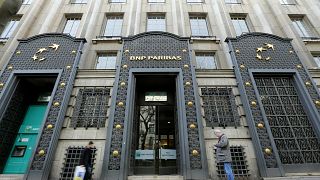
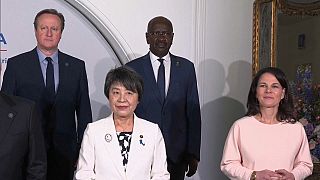
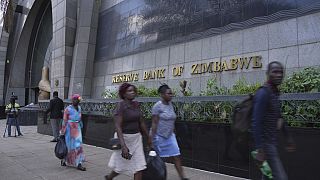
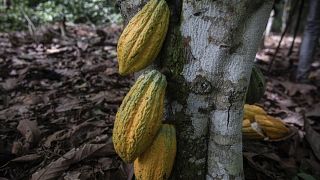
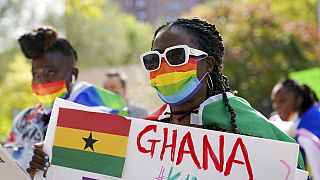

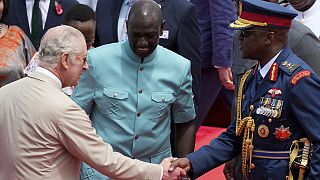


Go to video
5 African countries with the highest Schengen visa rejection rates
01:20
Egypt leads in medals as the 13th All-Africa Games come to an end
01:57
All-Africa Games: Mauritius dominates cycling as Egypt collects 91 gold medals
01:02
Pics of the day: March 5, 2024
00:45
Ghana: Finance ministry warns country stands to lose $3.8B over controversial anti-LGBTQ bill
00:39
Guiness World Record: Ghanaian chef's attempt fails